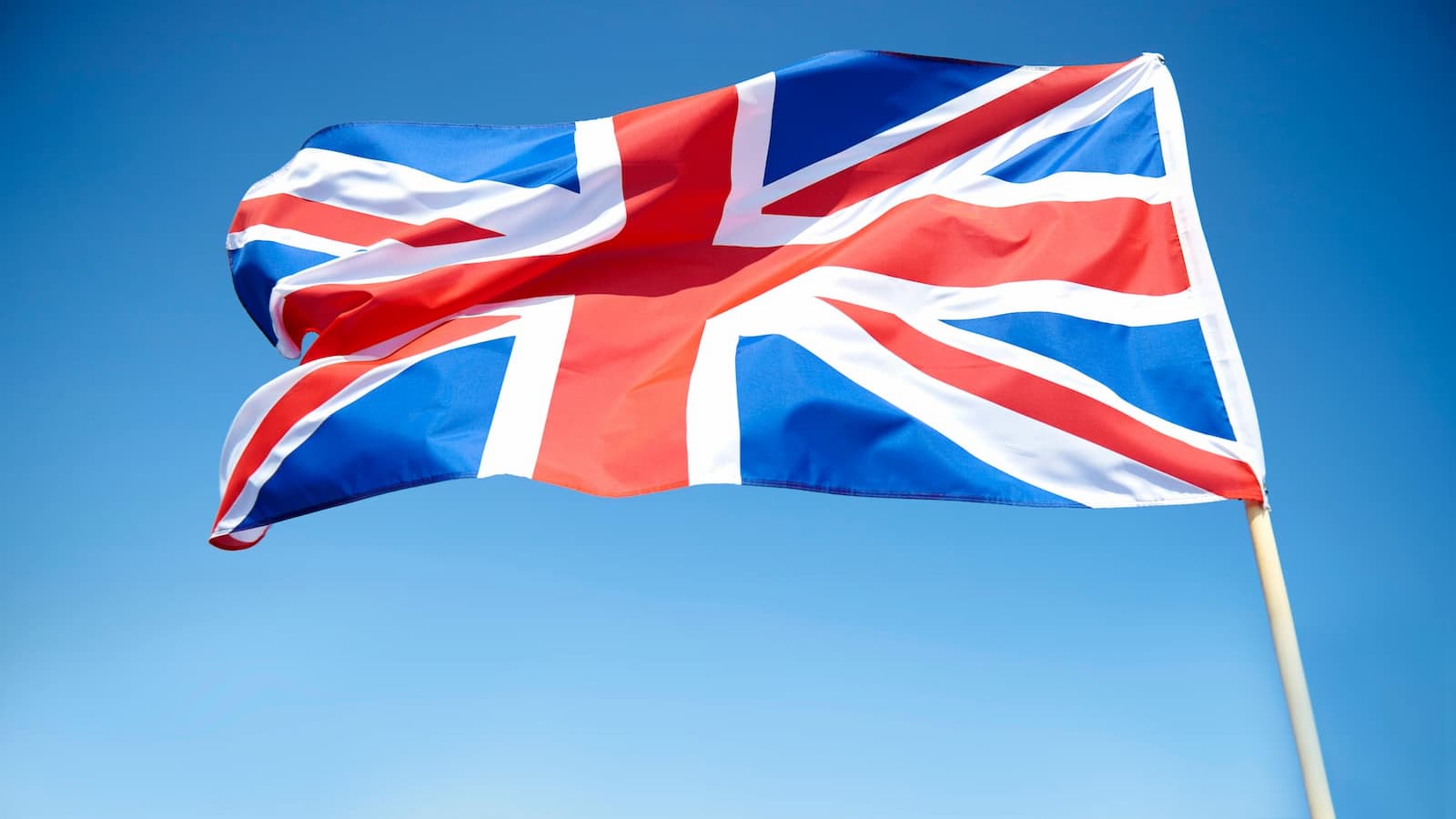
As the UK heads into the July 4 election, the UK bond market remains jittery, haunted by the 2022 crisis triggered by former Prime Minister Liz Truss's tax-cutting plans. This article delves into the current state of the bond market and what the potential Labour government could face.
In September 2022, the Conservative Party's economic strategies led to a severe bond market rout. The drastic tax cuts proposed by Liz Truss caused a spike in borrowing costs, a plunge in sterling, and an increase in mortgage rates. The market turmoil left lasting scars, influencing the current cautious economic strategies of political parties.
With Labour leading in the polls, the party is poised to inherit a substantial national debt. However, impending interest rate cuts by the Bank of England (BoE) might ease their fiscal challenges. The following sections analyze the critical factors shaping the bond market environment for the next government.
The 2022 mini-budget crisis saw Britain’s 10-year bond yields soar to 14-year highs. Although the BoE intervened to stabilize the market, yields remain elevated compared to eurozone benchmarks due to persistent inflation, which has necessitated higher interest rates.
The UK's borrowing requirements remain significant, driven by COVID-19 repercussions and the Ukraine conflict. The 2024-25 financial year will see the second-highest government debt issuance on record. Additionally, the BoE's strategy to reduce its bond holdings adds further pressure on the market.
There is optimism on the horizon, as BoE rate cuts are expected soon. With inflation returning to the 2% target and economic growth slowing, traders anticipate rate reductions starting in late summer. Lower interest rates could facilitate the sale of sovereign bonds, benefiting Labour’s fiscal plans.
Demand for UK bonds has been robust, with record bids in recent auctions. Prospects of rate cuts have made government bonds more attractive, and a period of political and economic stability could further bolster investor confidence.
Despite anticipated rate cuts, Britain's interest payments on its debt have surged, hitting post-war highs. The new government will face uncertainties regarding future interest costs, posing a significant risk to fiscal stability.
The UK's bond market stands at a crossroads as the country approaches its July 4 election. With Labour likely to assume power, they face a challenging economic landscape marked by high debt and borrowing costs but tempered by potential interest rate cuts. The market's reaction will play a crucial role in shaping the UK's fiscal future.
Explore how the UK bond market is preparing for a Labour government amid election uncertainty. Learn about historical context.
Superior trade execution & trading conditions with the NDD method.

The online FX industry provides a platform for investors worldwide to engage in the buying and selling.

Subscribe to our daily newsletter and get the best forex trading information and markets status updates
Trade within minutes!
Comment (0)